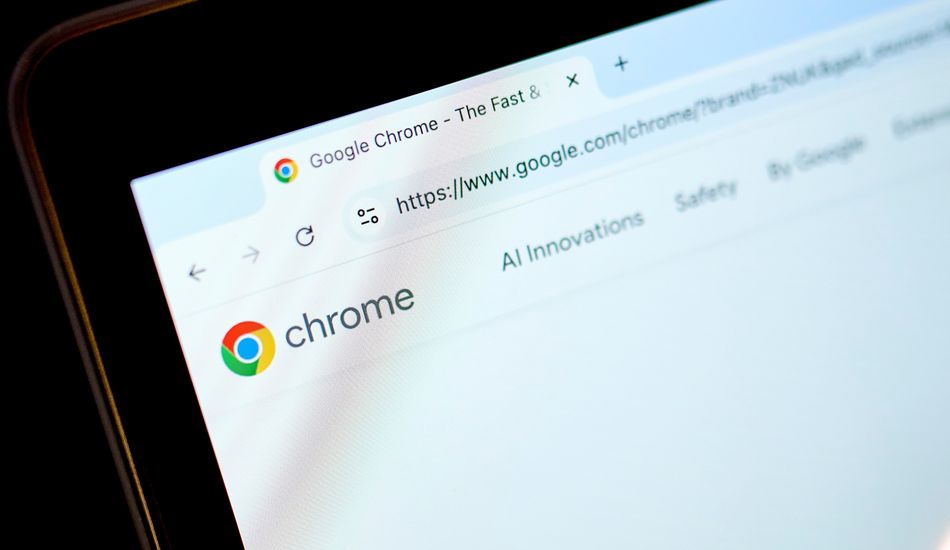
Google's Antitrust Battle: Repercussions for Chrome and the Future of Search
Following a landmark antitrust case where Google was declared a monopolist, the tech giant is now engaged in the remedy phase, potentially altering the fabric of the internet. The Department of Justice (DOJ) seeks to dismantle Google's dominance, while Google contends that less drastic measures can address concerns without bolstering foreign competitors.
The DOJ's Proposed Remedies
The DOJ has proposed several remedies aimed at breaking Google's stronghold on the search market. These include:
- Selling Chrome: The DOJ's primary objective is to force Google to divest Chrome, its dominant web browser. The government argues that Chrome provides Google with an unfair advantage by directing users to Google Search by default.
- Sharing User Data: The DOJ also wants Google to share some user data with rival companies to help foster competition in the search market.
- Ending Exclusive Deals: A core issue in the original case was Google's deal with Apple to be the default search engine on iPhones. The DOJ wants to ban such agreements going forward, not just for search, but also for emerging technologies like AI.
- Unbundling Android: Rather than forcing Google to sell Android, the DOJ is pushing for unbundling. This would allow third-party Android phone makers to ship devices without pre-installed Google apps, giving users more freedom to choose alternatives.
Google's Defense
Google is vehemently opposing the proposed remedies, arguing they would harm consumers, weaken the U.S. economy, and damage America's position as a tech leader. The company maintains that people use its products because they like them, not because they’re forced to. Breaking up its services or changing default settings would only inconvenience users.
Google plans to call on allies like Apple, Microsoft, and Mozilla to support its case. Mozilla, for instance, depends on Google’s funding for its Firefox browser. Google will also emphasize user safety and privacy, arguing that a forced sale of Chrome would make it harder to maintain security updates and protect user privacy. The company will likely utilize the same security and privacy argument to fight back against the DOJ remedy that would force Google to share its search data with competitors. Google is also expected to stress the implications of sharing user data with foreign competitors. As for remedies, Google says it would provide smartphone makers with more "flexibility" in choosing which apps are pre-loaded on Android devices.
The Future of the Web and AI
This case extends beyond search engines; it encompasses the future of AI. Google warns that the DOJ’s remedies could "chill" its innovation in AI. OpenAI, for its part, is watching closely and has expressed interest in buying Chrome if Google is forced to sell. The outcome of this trial will likely have far-reaching consequences for the internet and the tech landscape.
Source: Mashable